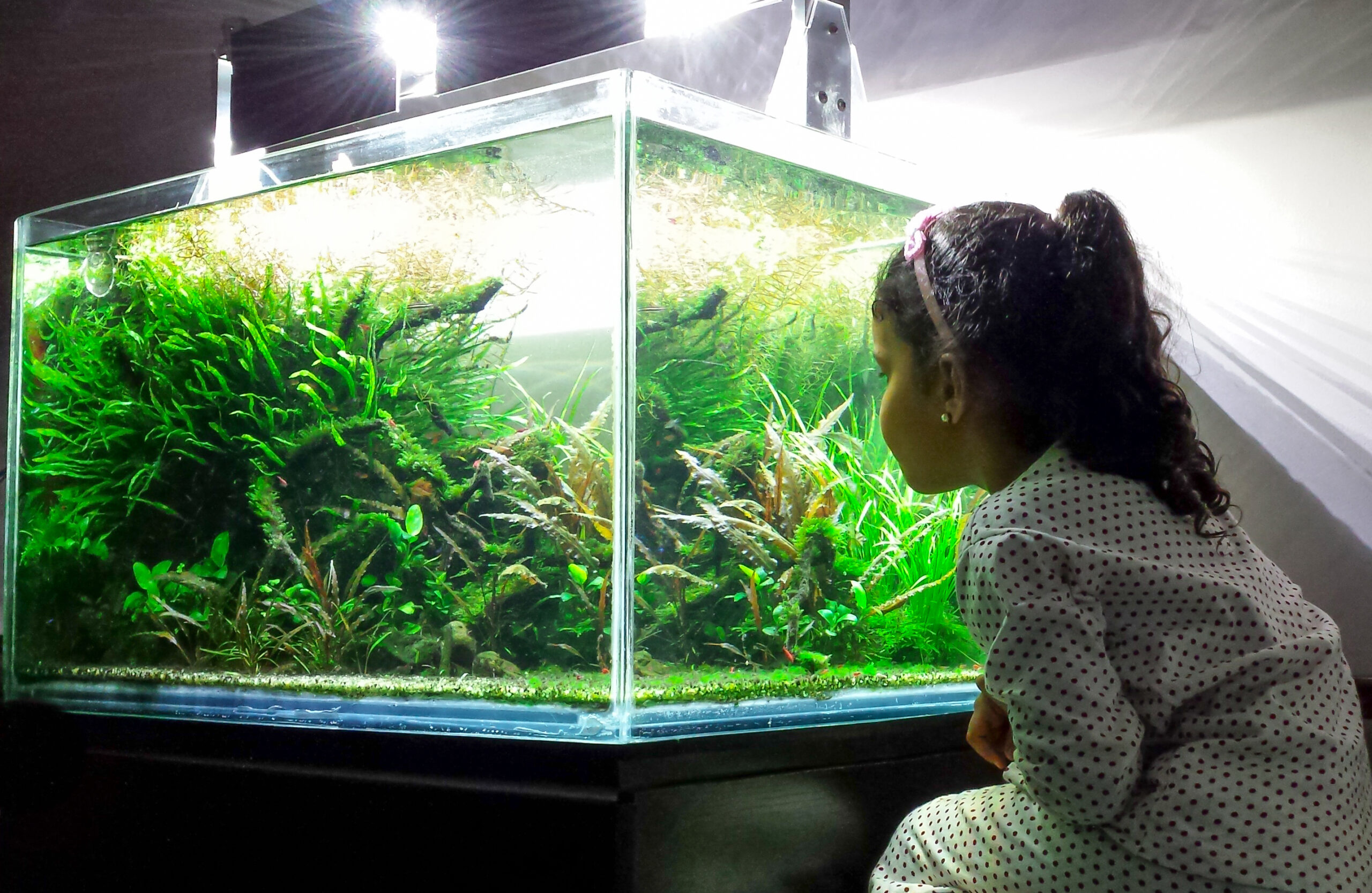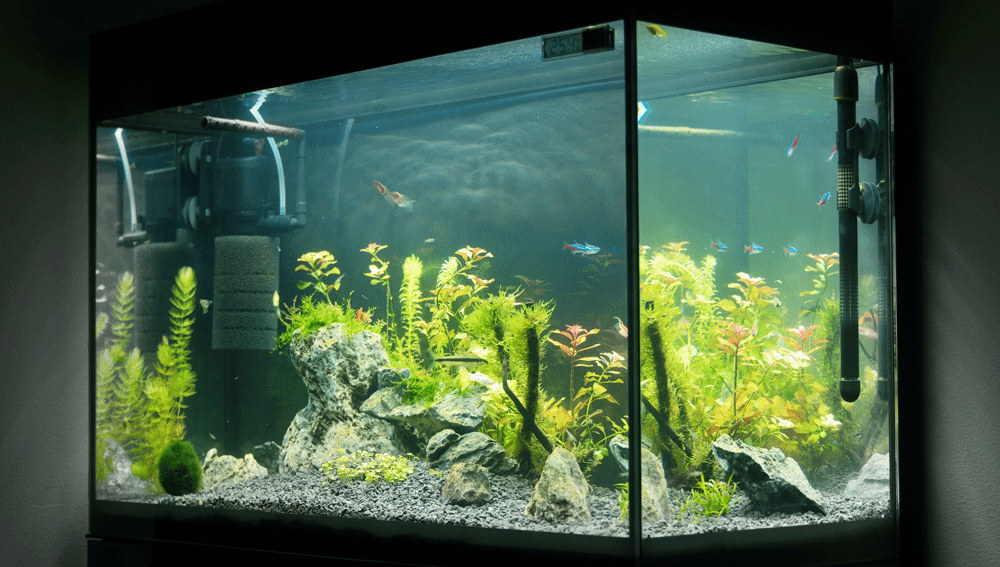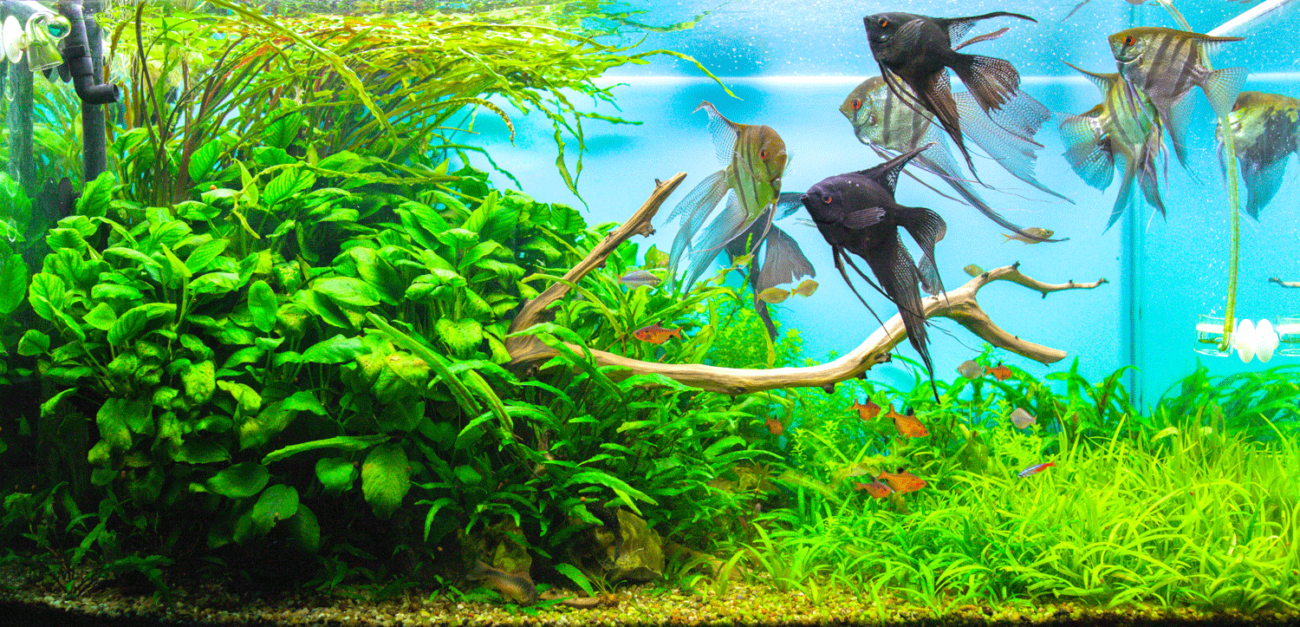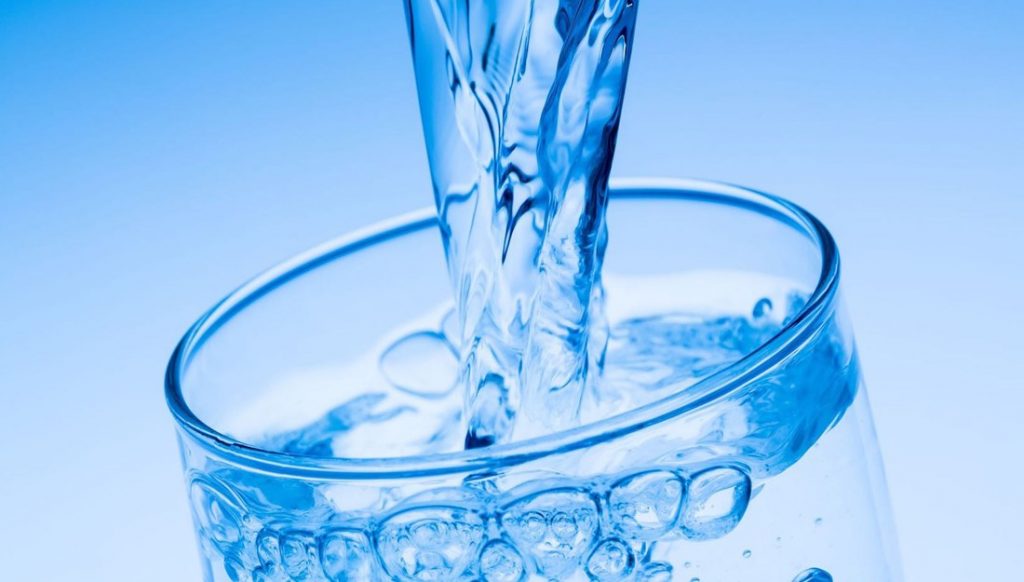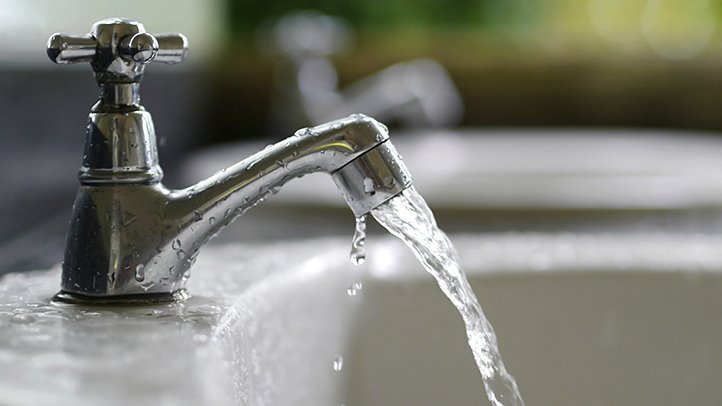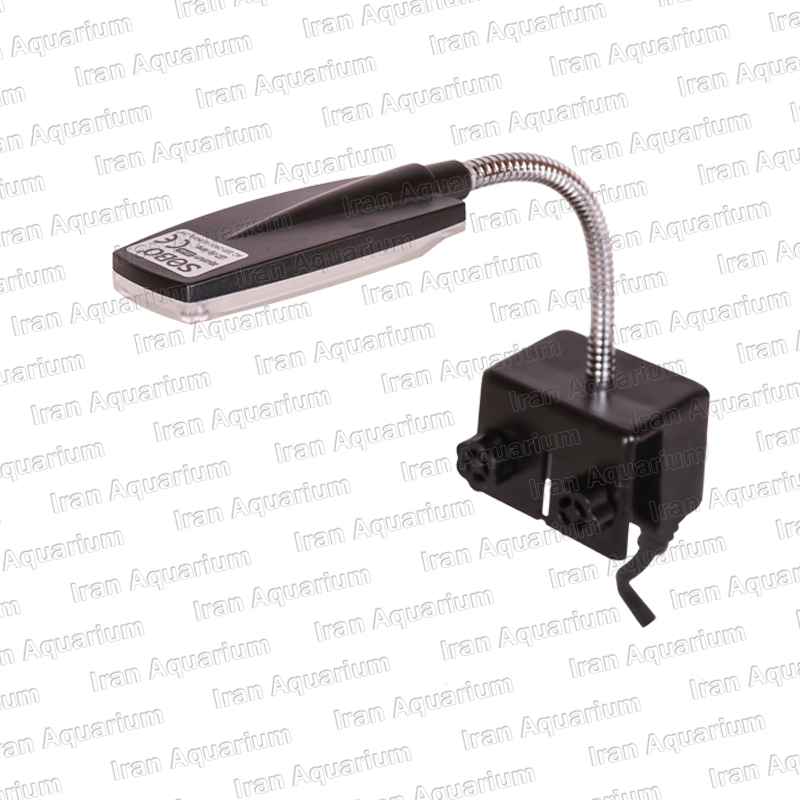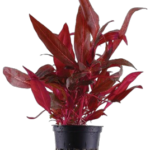Light plays a crucial role in the health and well-being of an aquarium, affecting both aquatic plants and fish. Here are some key impacts of light on an aquarium:
1- Photosynthesis: For planted aquariums, light is essential for photosynthesis. Aquatic plants use light to convert carbon dioxide and water into glucose and oxygen, which provides energy and sustenance for the plants. Insufficient light can lead to poor plant growth, algae blooms, and imbalances in the aquarium ecosystem.
2- Aquatic Algae: While some algae is a natural part of an aquarium’s ecosystem, excessive light can promote algal growth, leading to issues such as overgrowth, cloudiness, and competition with plants for nutrients and light. Managing light intensity and duration is essential in preventing algae problems.
3- Behavior of Fish: Light affects fish behavior, including their feeding patterns, breeding habits, and overall activity levels. Some fish prefer subdued lighting, while others thrive in brighter conditions. Providing a natural light cycle can help mimic their native environments, influencing their natural behaviors.
4- Coloration: Proper lighting can enhance the colors of fish and plants, making the aquarium more visually appealing. Specific light spectrums can bring out vibrant colors in fish and promote healthier growth in plants.
5- Health and Growth: Adequate illumination supports the overall health of both fish and plants. Poor lighting can lead to stunted growth in plants and increased stress levels in fish, making them more susceptible to diseases.
6- Circadian Rhythms: Establishing a consistent light cycle (usually around 10-12 hours of light per day) is important for the well-being of both plants and fish. It helps regulate their sleep-wake cycles and overall behavior.
7- Types of Lighting: Different types of light fixtures (LED, fluorescent, metal halide) offer varying intensities and spectrums of light. Choosing the right type of lighting is essential based on the specific needs of the aquarium inhabitants.
8- Heat Production: Some light fixtures, especially older technologies like incandescent or metal halides, can produce significant heat, which may raise the aquarium temperature and affect its inhabitants. LED lights tend to produce less heat.
9- Growth of Beneficial Bacteria: Light may also affect the growth of beneficial bacteria on surfaces within the aquarium, influencing the nitrogen cycle and overall water quality. In summary, proper lighting is vital for maintaining a healthy aquarium environment. It’s important to consider the specific needs of the plants and fish in your aquarium when selecting and managing lighting.

